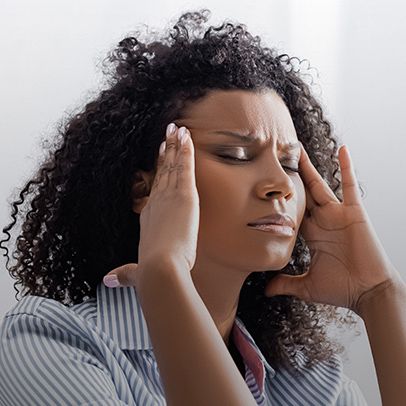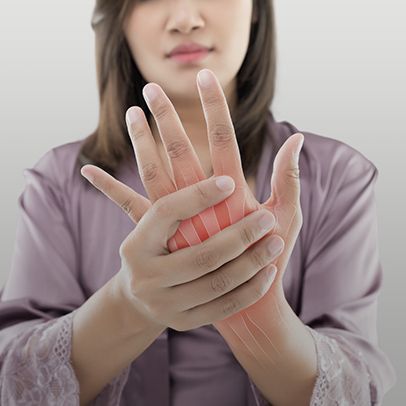Meet Our Team
Hi, I'm Dr. Brandon Czekaj. I was born and raised in Michigan. I always knew I wanted to work in the health care profession. However, I did not find chiropractic care until my junior year in college. I was still struggling with a hockey related injury I suffered from a few years prior. After only a short time under chiropractic care my condition improved greatly. It was not until I was amazed on how much chiropractic helped me, that I realized it was my calling to be a Chiropractor. I graduated from Xavier University in Cincinnati, OH with a bachelor degree in natural science majoring in Biology, while participating on Xavier's club hockey team.
Conditions We Treat

Our Advantages
Personalized Treatment
You will receive a full individualized treatmentComfortable Clinic
Our clinic feels like a comfortable health & fitness centerLicensed Practitioners
Your treatment will be performed by only licensed practitionersPractitioners Network
We will work closely with all your health practitionersExperienced Staff
Our staff is trained to help you have a stress-free experienceTreatment Goals
Setting goals is the best way to enjoy a successful outcome
What our patients say Testimonials




















Yasleen P.
"I highly recommend Health and Rehab Chiropractic in Centreville. Bridgette and Katerina are very welcoming and helpful. I had back and neck pain and after a few sessions my symptoms improved. Today I completed my treatment, and I feel so much better. The doctors are very dedicated and flexible with your schedule. I will definitely come back to Health and Rehab if needed in the future."